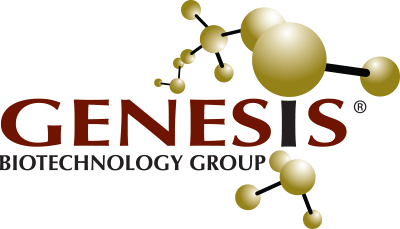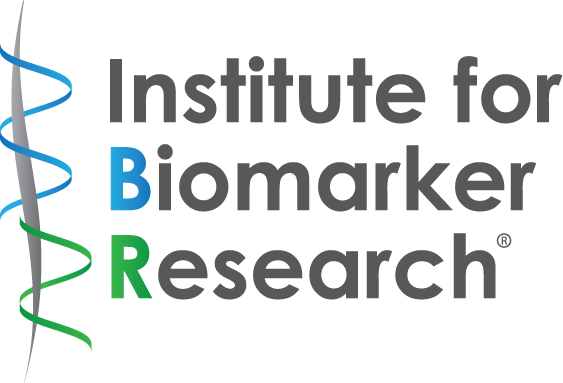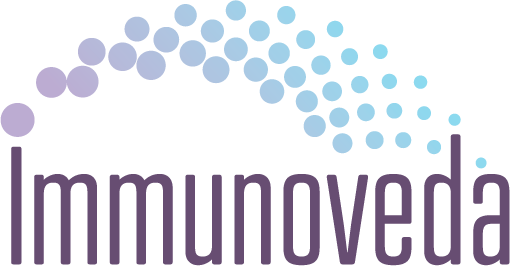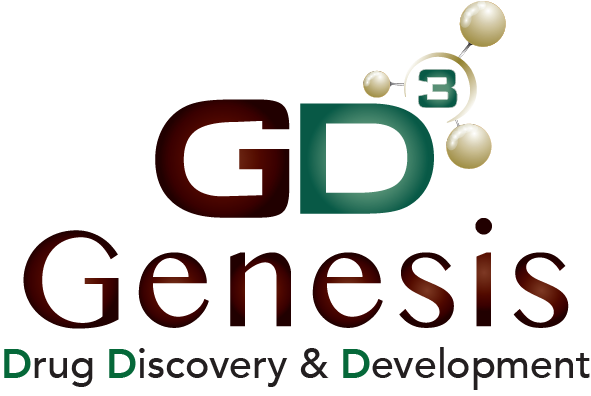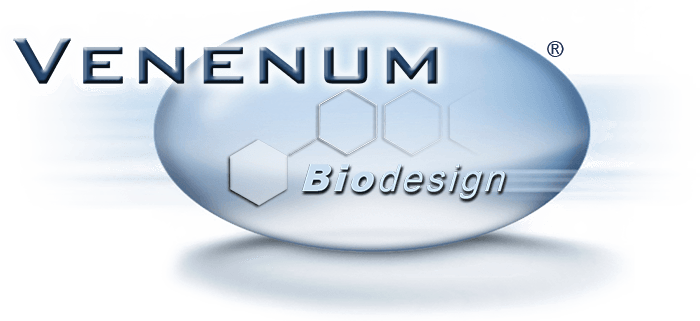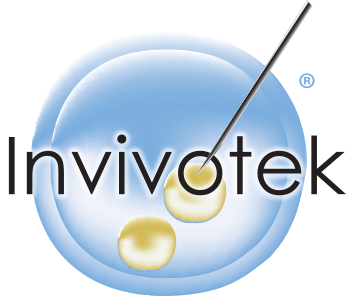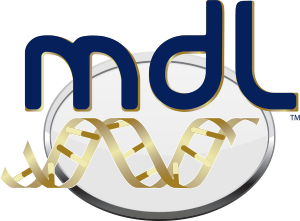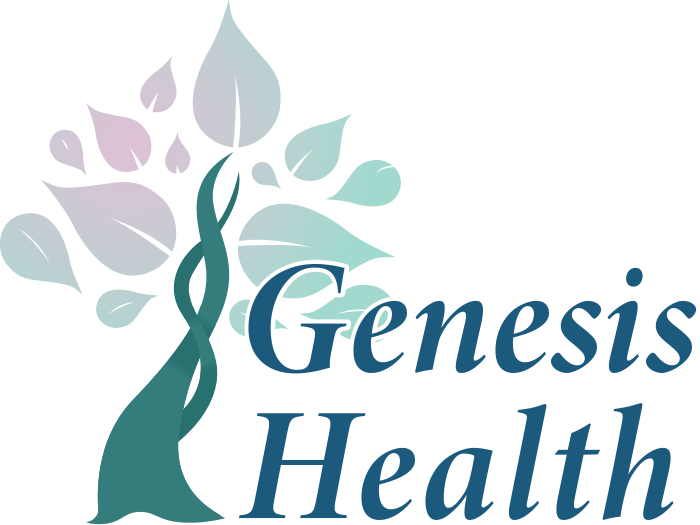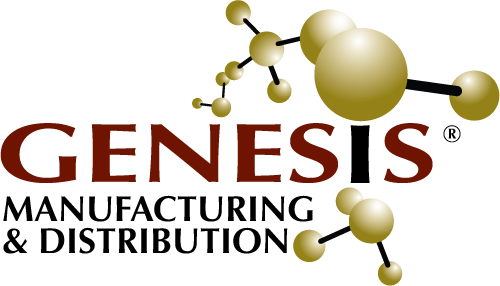Disease Modeling
Metabolic Disease, Obesity & Diabetes Models
Metabolic disease, obesity and diabetes are a growing global challenge. GD3 offers a comprehensive evaluation of energy balance, glucose homeostasis and lipid metabolism in a wide variety of rodent models to understand conditions such as metabolic dysfunction-associated steatohepatitis (NASH) and metabolic dysfunction-associated fatty liver disease (NAFLD). Leverage our in vivo expertise in diabetes, obesity and metabolic disease models to evaluate the potential efficacy of your therapeutics.
Learn more about
-
Metabolism & Obesity Models
- High-Fat Diet Obesity Model
-
Hypertension and Thrombosis Model
- Blood pressure and heart rate
- N-LMA induced hypertension
-
Atherosclerosis Model
- Ldr-/- mouse
-
High-Fat Diet Obesity Model
- Measurements and tests:
- Glucose tolerance test with or without glucose-stimulated insulin secretion
- Insulin tolerance test
- Lipid tolerance test with or without hepatic triglyceride export
- Hepatic lipid content
- Pancreatic insulin content
- Tissue glycogen levels (liver and muscle)
- Clinical chemistry serum readouts:
- Adiponectin
- Free fatty acids
- HDL, LDL and VLDL cholesterol by Lipoprint
- Insulin
- Leptin
- Phospholipids B
- Triglycerides
- Galectin 3
- Cholesterol
- Measurements and tests:
-
Osteoporosis Model
- OVX model of estrogen loss-induced osteoporosis
- Food intake
-
Microbiome Capabilities
- Fecal microbiota transfer
- Fecal collection and cecum content collection
- Pre and probiotic treatments
-
MASH:
- Models
- High-fat choline-deficient diet in C57BL/6
- STAM Model
- High saturated fat and fructose diet
- Fast food diet
- Thioacetamide (TAA) and carbon tetrachloride (CCL4) hepatic failure models
- Analysis and biomarkers:
- Hepatic lipid content
- Serum clinical chemistries for liver enzymes
- Histopathological analysis with H&E, Masson's Trichrome, Oil Red O
- NAS Score by pathologist
- Computer-scanned histology quantification
- Hydroxyproline levels in liver
- Models
-
Lipid Homeostasis Model
- Oral lipid tolerance test
- Serum TGs, FAs, cholesterol VLDL, LDL, and HDL
-
Diabetes/Glucohomeostasis Model
- Diet-induced obese-early Type II
- Db/db-later Type II
- Non-obese diabetic-Type I
- STZ-induced diabetics
- GK rat-Type II
-
Glucose Homeostasis Model
- Glucose and insulin levels in OGTT test
- HbA1c levels
- Insulin tolerance test
- Tissue glycogen levels
- Pancreatic insulin content
- Hormone/adipokine measurements: glucagon, GLP-1, adiponectin, leptin, insulin
-
Diabetes-related complications Model
- Hind-limb ischemia measured by Doppler Imaging
- Cutaneous wound healing
-
Additional metabolic disease services include:
- In vivo energy homeostasis and body composition assessment
- Glucose homeostasis
- Lipid metabolism
- Cardiovascular function
- Arteriogenesis
-
Metabolic Rate Assessment Models
- Comprehensive cage monitoring
- VO2, CO2 and RER
- Activity: horizontal and vertical
-
Exercise Capacity Assessment Models
- VO2, CO2 and RER
-
Renal and Bladder Function Assessment Model
- Urinalysis (including urine collection and biochemical analysis)











